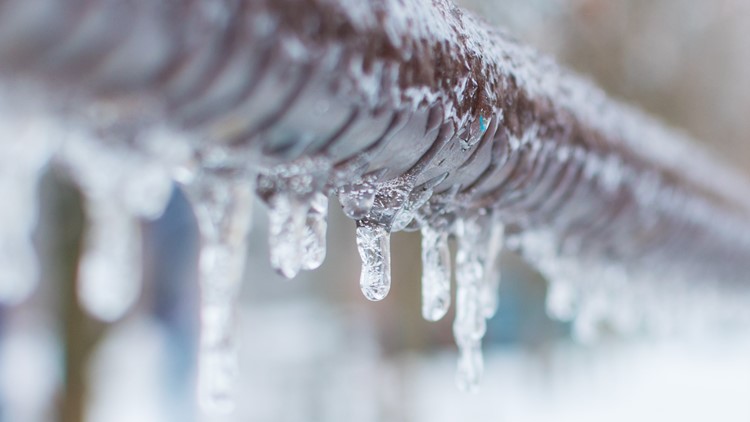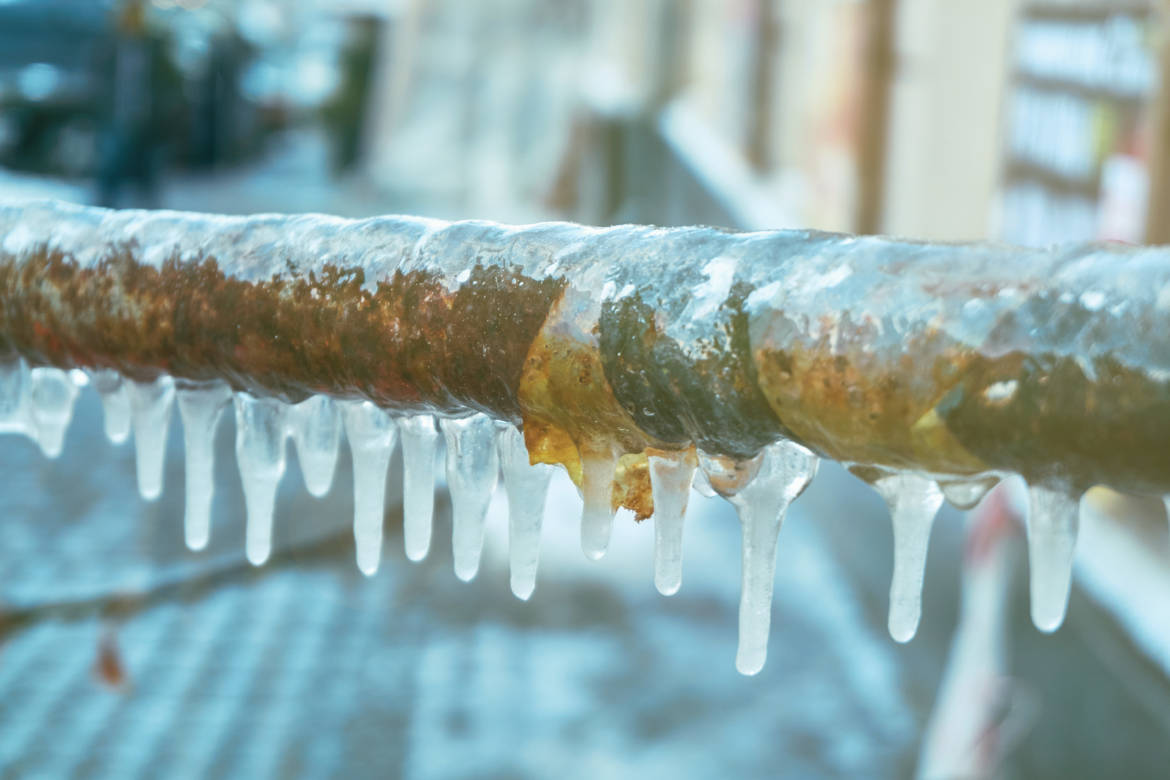How to Prevent Frozen Pipes in Cold Weather: Pro Guidance
How to Prevent Frozen Pipes in Cold Weather: Pro Guidance
Blog Article
How do you really feel in relation to How to Prevent Your Pipes From Freezing?

Winter can damage your pipes, particularly by freezing pipelines. Here's exactly how to prevent it from taking place and what to do if it does.
Introduction
As temperature levels decrease, the risk of icy pipelines rises, possibly bring about pricey repairs and water damage. Comprehending just how to stop icy pipelines is crucial for homeowners in cold environments.
Avoidance Tips
Protecting at risk pipes
Wrap pipes in insulation sleeves or make use of heat tape to protect them from freezing temperatures. Focus on pipelines in unheated or exterior locations of the home.
Home heating techniques
Maintain indoor rooms effectively heated up, particularly locations with plumbing. Open closet doors to permit cozy air to flow around pipelines under sinks.
Exactly how to determine icy pipelines
Search for decreased water circulation from taps, unusual odors or noises from pipelines, and noticeable frost on subjected pipes.
Long-Term Solutions
Structural changes
Think about rerouting pipelines away from exterior wall surfaces or unheated areas. Add extra insulation to attics, cellars, and crawl spaces.
Updating insulation
Invest in premium insulation for pipelines, attic rooms, and wall surfaces. Appropriate insulation aids preserve regular temperature levels and minimizes the danger of frozen pipes.
Protecting Outdoor Pipes
Garden hoses and exterior faucets
Detach and drain pipes yard pipes prior to winter season. Set up frost-proof spigots or cover exterior taps with insulated caps.
Comprehending Icy Pipelines
What triggers pipes to freeze?
Pipes ice up when revealed to temperature levels below 32 ° F (0 ° C) for expanded durations. As water inside the pipes freezes, it increases, taxing the pipeline walls and possibly causing them to rupture.
Dangers and damages
Icy pipes can result in water supply disruptions, building damage, and pricey repairs. Ruptured pipelines can flooding homes and cause considerable structural damage.
Signs of Frozen Pipes
Recognizing icy pipelines early can avoid them from bursting.
What to Do If Your Pipes Freeze
Immediate activities to take
If you presume icy pipelines, maintain taps open up to alleviate pressure as the ice thaws. Utilize a hairdryer or towels soaked in hot water to thaw pipes slowly.
Conclusion
Avoiding icy pipelines calls for aggressive measures and quick reactions. By comprehending the reasons, indications, and preventive measures, home owners can protect their pipes throughout cold weather.
5 Ways to Prevent Frozen Pipes
Drain Outdoor Faucets and Disconnect Hoses
First, close the shut-off valve that controls the flow of water in the pipe to your outdoor faucet. Then, head outside to disconnect and drain your hose and open the outdoor faucet to allow the water to completely drain out of the line. Turn off the faucet when done. Finally, head back to the shut-off valve and drain the remaining water inside the pipe into a bucket or container. Additionally, if you have a home irrigation system, you should consider hiring an expert to clear the system of water each year.
Insulate Pipes
One of the best and most cost-effective methods for preventing frozen water pipes is to wrap your pipes with insulation. This is especially important for areas in your home that aren’t exposed to heat, such as an attic. We suggest using foam sleeves, which can typically be found at your local hardware store.
Keep Heat Running at 65
Your pipes are located inside your walls, and the temperature there is much colder than the rest of the house. To prevent your pipes from freezing, The Insurance Information Institute suggests that you keep your home heated to at least 65 degrees, even when traveling. You may want to invest in smart devices that can keep an eye on the temperature in your home while you’re away.
Leave Water Dripping
Moving water — even a small trickle — can prevent ice from forming inside your pipes. When freezing temps are imminent, start a drip of water from all faucets that serve exposed pipes. Leaving a few faucets running will also help relieve pressure inside the pipes and help prevent a rupture if the water inside freezes.
Open Cupboard Doors
Warm your kitchen and bathroom pipes by opening cupboards and vanities. You should also leave your interior doors ajar to help warm air circulate evenly throughout your home.

I hope you enjoyed our section about How to Prevent Your Pipes From Freezing. Thank you so much for spending some time to read our posting. Sharing is caring. Helping others is fun. Kudos for your time. Don't hesitate to come visit our blog back soon.
Call Today Report this page